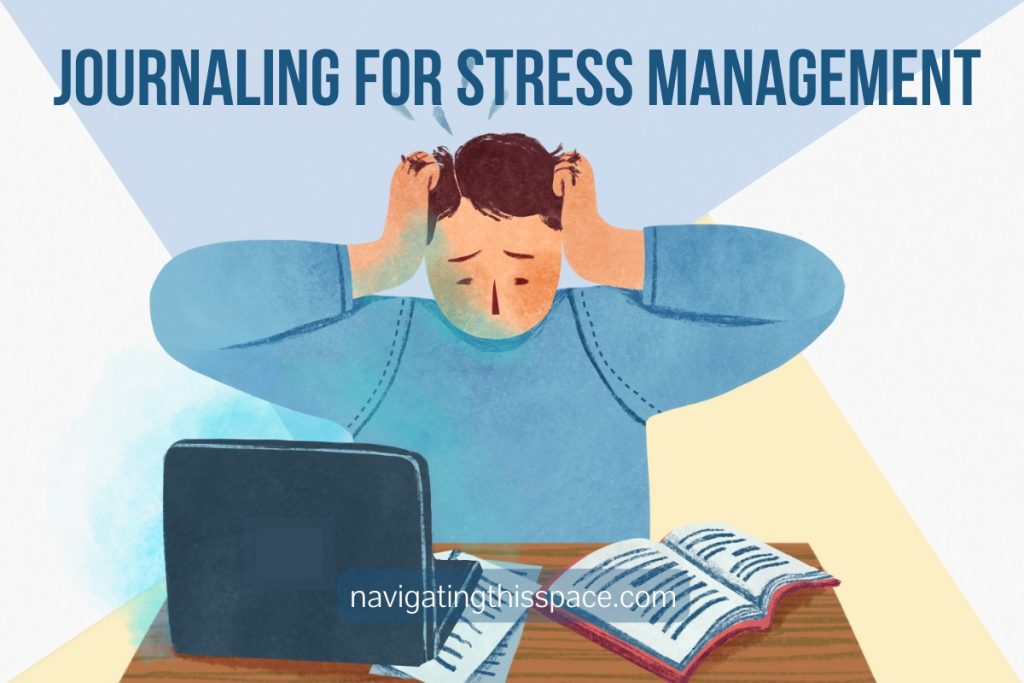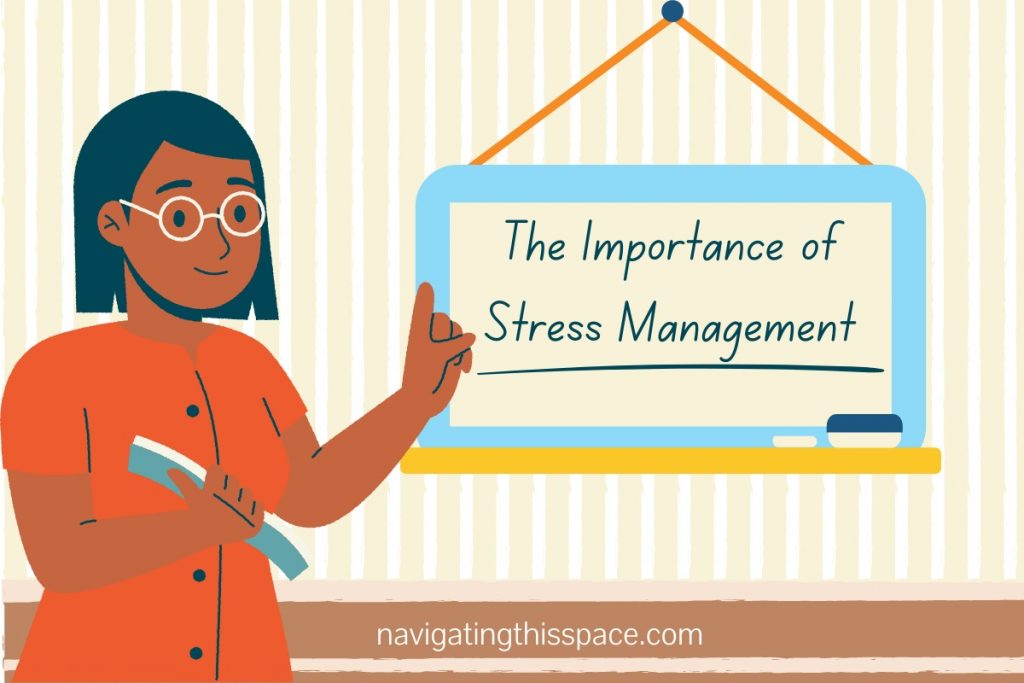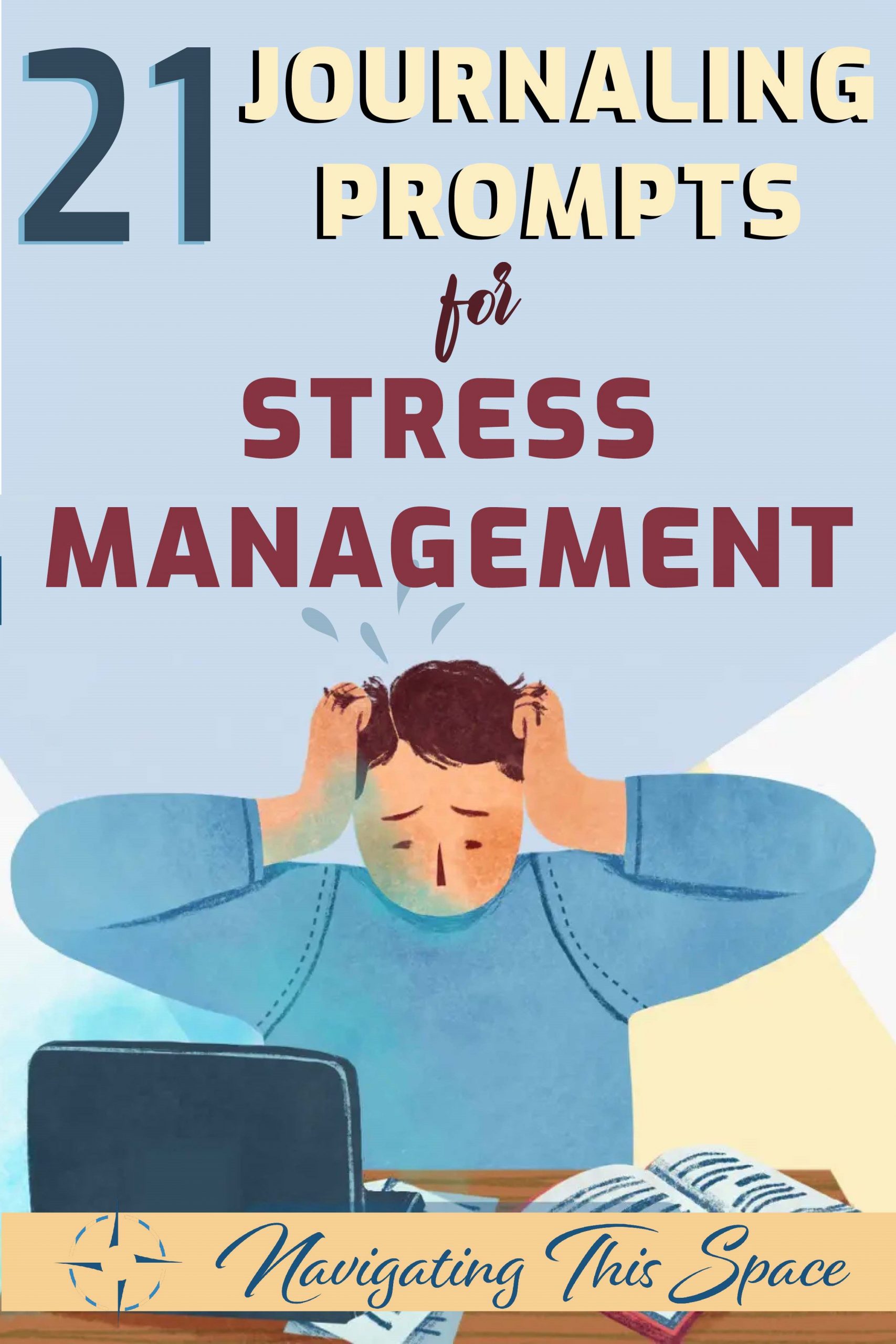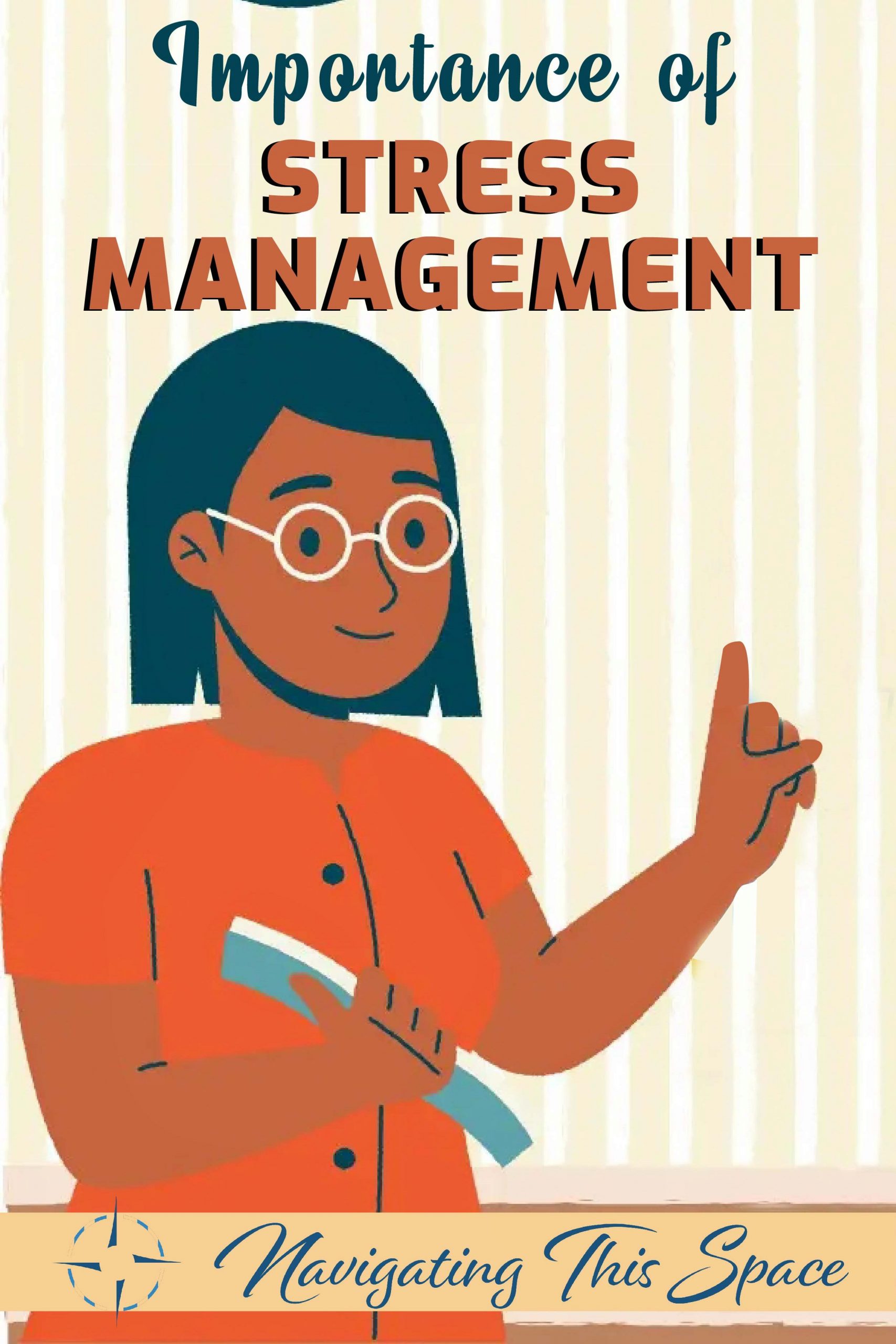Everybody is stressed to some degree!
How am I so sure? Well, stress is a monster that will always be a part of life.
We all experience it in different ways and to different degrees, and there’s no doubt that it can take its toll on our physical and mental health.
So how do we manage stress?
One approach is keeping a stress management journal.
In this article, we’ll go over:
- What Is a Stress Management Journal?
- Why Write in a Journal?
- Journaling for Stress Management
- Things To Keep in Mind Before Starting
- 21 Days of Stress Relief Journaling Prompts
- The Importance of Stress Management
- Questions You May Have
Let’s get started.
What Is a Stress Management Journal?
A journal is a place where you can write about your thoughts, feelings, and experiences.
A stress management journal is a specific type of journal that focuses on managing stress.
It can be used as a tool to help you understand your stressors, triggers, and reactions.
It can also help you identify patterns and find healthy ways of handling and eliminating these stressors.
Why Write in a Journal?
Writing in a journal has both physical and psychological health benefits.
According to Cambridge University, the long-term benefits of expressive writing can help to boost your mood, reduce depression, improve liver and lung function, and boost your immune system. Those are all positive outcomes!
In the short-term, journaling can help to clear your mind, reduce stress and anxiety, and help you understand situations better.
It’s a way of processing your thoughts and emotions, so they don’t become overwhelming.
Writing about stressful experiences helps us to process these experiences, understand them from a different perspective, and make them more manageable.
Writing in a journal is one way the best and most effective stress management techniques. Writing what happened, how you think it should have gone, and analyzing how it really went gives you a greater perspective into your mindset.
You can better control stress when you can understand and control your mind.
Recommended Article: The Long-Term and Short-Term Benefits of Journaling
Journaling for Stress Management

The issue with stress is that it can be overwhelming and significantly affect your physical and mental health.
However, like everything else in your life, the level of stress that you deal with can be managed successfully if you implement the right stress management tools.
One of the most effective stress management tools is journaling, which I can say from personal experience. I’m not sure what type of person I’d be if I didn’t have my journal as an outlet to help me analyze the madness that was starting to be in my life and steer me back on track.
I’ve been journaling for years, and it’s one of the things I credit for helping me to stay sane and level-headed, even when everything else around me feels like it’s spiraling out of control.
If you’re new to journaling or unsure how to get started, then these prompts will help you manage your stress.
The goal is to use these prompts to understand your stressors, triggers, and reactions.
By identifying these patterns, you can start finding healthy ways of handling and eliminating them.
Things To Keep in Mind Before Starting
There are a few things you should keep in mind before you start journaling for stress management:
– Your journal is for you and no one else, so don’t worry about anyone else reading it.
– Be as honest as possible. This is a safe space for you to express yourself without judgment.
– Let go of expectations. Expecting how things should go when you’re journaling will only prevent you from fully reaping the benefits of journaling. Allow your mind to guide you without trying to control the outcome.
– Don’t write yourself as the hero. Oftentimes, we want to see ourselves in the best possible light, but this isn’t helpful when it comes to managing stress. Be honest about your thoughts and emotions, even if they’re negative. If you did something wrong, admit that you were wrong.
– Don’t try to find solutions right away. The goal of journaling is to understand your stressors, not to solve them immediately. You can solve them later; the goal now is to understand why these things are causing you stress.
– Write about your stress as often as you feel stressed. The more recent something is, the more details you can recall, and the more insight you’ll gain, so don’t wait too long to write about your stress.
– Be patient. Just like with everything else in life, it takes time to see results especially when it comes to journaling. Give yourself time to understand everything that happened and why it caused stress.
Now that we’ve reviewed some things to keep in mind before starting, let’s get into the journaling prompts.
21 Days of Stress Relief Journaling Prompts
- What are the physical, mental, and emotional signs that indicate stress is happening?
- What do I believe are my top three stressors? Why are they causing me stress?
- How does stress make me feel? List the physical sensations, then the emotional sensations that happen when I experience stress.
- What do I do that helps me to feel better when I’m stressed?
- What do I do that makes me feel worse when stressed?
- Who or what is my support system when it comes to stress? For example, who can I call and vent to?
- What are some things I can do to prevent stress proactively?
- Describe in detail my ideal Stress-Free day? How would I feel? What would I be doing?
- What are some things I need to let go of to reduce my stress levels? Be brutally honest!
- What is one thing that I can do today to make my Stress-Free day a reality?
- Who or what is causing me to stress right now? Why are they causing me stress? What can I do about it?
- If I could wave a magic wand and make one of my stressors disappear, which one would it be? Why?
- What’s causing me the most stress at work? Why?
- List all the things that are stressful to think about accomplishing when I get home.
- Using the list of stressors, what are some small actions I can take to start eliminating them?
- If I could have a do-over for one stressful event from my past, what would it be? Why? What would I do differently? What details do I remember about that event?
- What are some things I can do to take better care of myself when I’m feeling stressed?
- Stressful thoughts tend to be repetitive. What are the top five repetitive thoughts I keep having?
- How can I reframe my stressful thoughts in a more positive light?
- What are some things that I’m procrastinating on because they’re stressing me out? What can I do to make them less daunting?
- How has stress affected different areas of my life? For example, work, relationships, hobbies, etc.
The Importance of Stress Management

Managing chronic stress is a key part of living a healthy lifestyle.
When left unchecked, stress can lead to serious health problems, such as anxiety, depression, high blood pressure, and heart disease. Stress can also make existing health conditions worse.
That’s why it’s so important to find ways to manage stress in your life because a stress-free life can mean a healthy life.
Your psychological well-being plays a big part when it comes to your physical well-being, they work hand in hand. When one isn’t doing so well, the other tends to falter.
Managing stress, whether it’s mental, physical, or perceived stress, is your choice. Also, choosing to deal with stressful events with a positive attitude is entirely your decision.
You make the call on how things affect you.
If you allow anything to stress you to the point that it starts to cause serious illness, then you’re not managing your stress very well. Your stress is managing you.
Here’s the truth; managing stress will not be easy, but it’s worth it.
To start implementing a smart stress reduction system, you must make lifestyle changes and develop several new healthy coping mechanisms. No matter how busy or hectic your life is, you should always find the time to reduce stress.
Stress should not get the best of you because if it does, everyone you love may only get the worse of you.
The choice is yours, manage stress or allow it to manage you.
What is one small step you can take today to help reduce your stress levels?
For more information on stress management, read this article next: 5 Simple and Quick Ways to Manage Stress
Questions You May Have
Can journaling help with stress?
Yes, journaling can be a helpful tool for stress management. Writing about your thoughts and feelings can help you to understand and cope with your stressors.
How do you write a stress diary?
Start by writing about your day, what caused you to stress and how you handled that stress. Include as many details as possible, including how you felt physically and emotionally. Doing this activity can cause stress reduction to happen.
Is there a journal for stress?
There are many different journals you can use for stress management. Stress diaries, gratitude journals, and mindfulness journals are all popular options. However, the best journal is the one you will use, so find one that works for you.
How can journaling help with mental health?
Writing in a journal can help you process your thoughts and feelings. It can also be a helpful way to track your moods and identify patterns over time. Many people find that journaling helps to improve their mental health, since it allows them to reflect on their experiences in a safe and private space.
Pin It!






These are great journal prompts! Journaling has really helped me and sometimes you need some prompts to get your thoughts on the page! Thanks for sharing these 🙂
You’re very welcome Deanna, enjoy the prompts!
These are super helpful ideas and prompts, thank you!!
You’re very welcome Sam, I’m always happy to help! Thanks for reading and commenting!
I loved this post. Not only did it never occur to me to focus on stress in my journal but the tips and prompts are great. I especially love the ‘don’t make yourself the hero’ advice! Thanks.
I’m so happy you loved the post and found value in it. We often don’t realize that we have to focus on the things that are stressing us sometimes to understand why they’re stressing us, so I’m happy that made an impact on you.
Love these prompts for doing a stress journal! Great, thought-provoking questions. I look forward to reading more articles!
Great article and helpful prompts thanks ❤️
Great post!